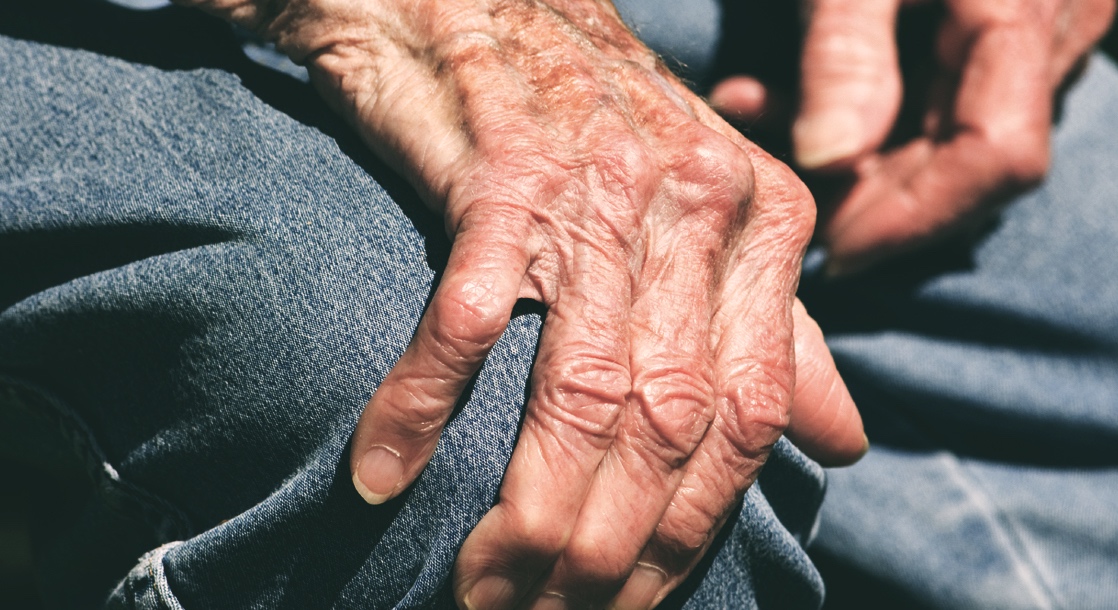An Arizona judge has issued a ruling that could pave the way for patients with Parkinson’s Disease to qualify for medical marijuana.
Administrative Law Judge Dorinda Lang issued the 8-page ruling which declared that the Arizona Department of Health was unjust in its denial of a hearing for petitioners looking to grant access to medical cannabis for Parkinson’s patients.
“In a desire for professionalism, the department has utilized a standard of proof that is higher than the rules call for,” she wrote.
Patients with certain medical conditions—such as cancer, glaucoma, Crohn’s disease, and AIDS, among others—already qualify to use medical cannabis, a list that was approved by voters in 2010.
Last year, the state denied eight petitions filed by the Arizona Cannabis Nurses Association to add other ailments to the list. Registered nurse Heather Manus has led the appeals process, in an effort to ensure patients with such conditions as Huntington’s disease and Parkinson’s are able to acquire medical marijuana.
Judge Lang also deemed certain aspects of the state’s refusal of the petitions to be unfair. For example, the state decided in its initial rejection that the nurses would have to show copious evidence of cannabis’s ability to treat the conditions in question; Judge Lang pointed out that the rules only require “evidence” of cannabis’s effectiveness to be submitted.
In issuing her ruling, Judge Lang said that a hearing should be conducted on the issue of whether the conditions should qualify a patient for medical cannabis.
Manus said that she feels “empowered” by the ruling, though she had her eye on the bigger picture.
“It’s bittersweet, because we shouldn’t have to fight this,” she said. “They use patients’ money to act against patients’ interest.”
DHS Director Cara Christ has 30 days to review the ruling and determine the state’s next course of action. Regardless of her decision, Manus says that she and her group will continue to submit applications for other ailments to qualify—such as traumatic brain injury—through the course of this year.
Several studies have found a link that marijuana could help alleviate certain Parkinson’s symptoms, including motor skills, mood, quality of life, and sleep.











